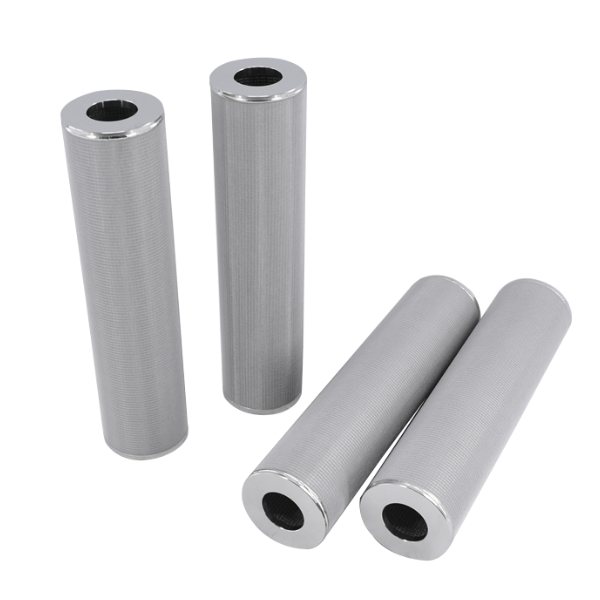
- Material: SS304, SS316, SS316L
- Manufacturing process: sintering
- Applicable: corrosive, high temperature working conditions
Stainless Steel Sintered Mesh Filter

Dust is a general term for solid particles that can remain suspended in the air for a long time. Mostly, its particle size range is 0.25–20 μm.
Dust is easily generated in the process of metal smelting, burning, cutting, or welding, and dust particles can adhere to the surface of equipment, causing corrosion on the surface of metal equipment, affecting the stable operation of equipment in a long run, and posing a threat to human health.
For example, in the process of coal combustion, particles with a diameter greater than 5 μm in the hot gas will cause wear on equipment components such as gas turbine blades, seriously affecting the service life of gas turbines. Particles with a diameter less than 2 μm will deposit on the gas turbine blades, reducing the operating efficiency of the gas turbine. In addition, the dust generated can also cause environmental pollution and pose a threat to human health.
Dust filtration is achieved by using filter cartridges that contain a large number of connected or semi-connected pores inside to intercept dust particles, and the pore structure is formed by irregularly stacked powder particles.
Filter elements made of metal wire mesh can combine low strength high separation efficiency filter layers with high strength coarse pore support layers by using laminated wire mesh technology. In this way, it achieves the comprehensive performance matching among filter element strength, filter rating, and gas resistance. The filter elements feature high filtration efficiency, good high temperature resistance, and outstanding corrosion resistance, and are widely used in coal gasification, petroleum catalytic cracking, biomass gasification, waste incineration, pyrolysis, metallurgy, etc.